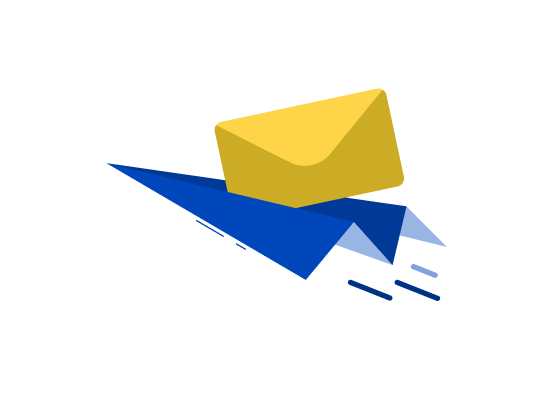
How will blockchain be integrated into everyday life?

Blockchain technology is a buzzword that has been around for quite some time now. It has been hailed as the technology of the future, capable of disrupting a wide range of industries and changing the way we live our lives. In this article, we will explore how the integration of blockchain into everyday life will look like.
Firstly, it is important to understand what blockchain technology is. At its core, blockchain is a decentralized ledger that records transactions in a secure and transparent manner. The technology relies on a network of computers to maintain the ledger, and every transaction is verified and validated by the network. This makes it virtually impossible to tamper with the data stored in the ledger.
One of the most significant benefits of blockchain technology is the level of security it provides. Because of its decentralized nature, there is no single point of failure, and the network is resistant to hacking and other forms of cyber attacks. This makes it an ideal technology for storing sensitive data, such as financial information and medical records.
In the future, we can expect blockchain to be integrated into a wide range of industries, from finance and healthcare to logistics and supply chain management. For example, banks and financial institutions are already exploring the use of blockchain technology to streamline their processes and reduce the risk of fraud. Blockchain can also be used to create digital identities that are secure and tamper-proof, which could help to combat identity theft and other forms of cybercrime.
Another potential application of blockchain technology is in the area of voting and governance. Because of its transparent and decentralized nature, blockchain can provide a secure and tamper-proof platform for voting and decision-making. This could help to increase trust in the democratic process and reduce the risk of fraud and corruption.
In the everyday life of an average person, blockchain technology could also have a significant impact. For example, it could be used to create a secure and transparent system for tracking food and other goods from farm to table. This could help to reduce waste, improve food safety, and provide consumers with more information about the products they consume.
Another potential application of blockchain technology is in the area of energy management. By using blockchain to create a decentralized energy grid, it would be possible to more efficiently manage the production and distribution of energy. This could help to reduce our reliance on fossil fuels and move towards a more sustainable energy future.
In conclusion, the integration of blockchain into everyday life has the potential to revolutionize the way we live, work, and interact with each other. While the technology is still in its infancy, we can expect to see more and more applications of blockchain in the years to come. Whether it is in the area of finance, healthcare, logistics, or energy, blockchain technology has the potential to create a more secure, transparent, and efficient world for all of us.





